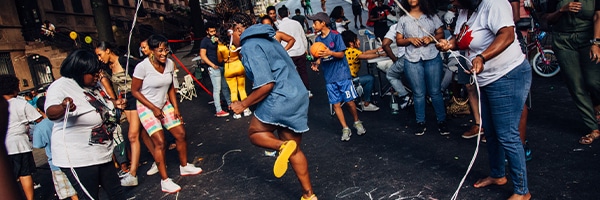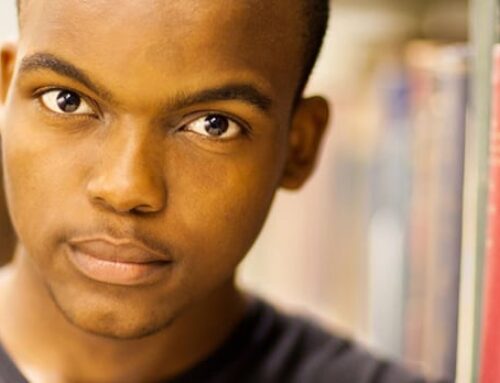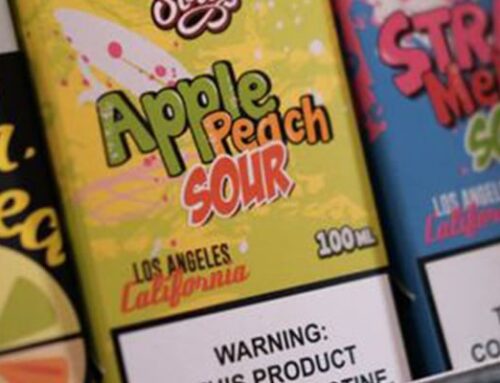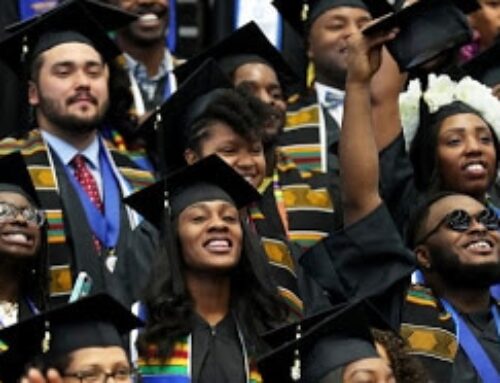I vividly remember growing up on the southeast side of Chicago, in a poor, small community inhabited by Black and Brown people. Our neighborhood was nestled in between the U.S. Steel Company and an abandoned box factory. Most of the kids in the neighborhood went to the local public grammar school or high school, but my momma sent my three brothers, my sister and I to Catholic schools. We wore awful plaid and polyester uniforms to school every day and the public school kids endlessly teased and taunted us. Sometimes, they chased us home and we had to fight them off. And in between running scared and fighting the bullies, we played hard with the same kids we fought.
Summertime in South Chicago was the best. None of us kids ever knew who cracked opened the fire hydrant that sat at the end of our block. All we knew was that the open hydrant spewing water was the signal for the beginning of summer fun! Our block was alive with a host of activities. We raced up and down and around the block on our bicycles, popping wheelies in between. I remember the familiar sound of the double-dutch ropes rhythmically slapping the pavement as we took turns jumping while singing Jack-Be-Nimble, Jack-Be-Quick! The boys and girls on the block would team up for a game of softball in the vacant field on the side of our house. Or we would play red-light-green-light or hide-n-go-seek on the block until the street lights came on. We kids knew not to get caught outside after the street lights came on or we would have to face the wrath of Mrs. Carter; Mrs. Carter was the head mother-in-charge of the block and nothing and no one got past her watchful eyes. Actually, there were a couple of neighborhood watch mommas on our block- my own mother included. In addition to their regular jobs, be it stay-at-home mom or working outside the home, they were truant officers for the kids on the block who attempted to play hooky; they were nurses with home remedies when we took sick; they were shelter when we lost our house key and couldn’t get in. They knew how to stretch a pot of rice and beans and cornbread when momma’s check came up short for the week. And they passed along their own kids clothes to other kids in the neighborhood when times were tough. No one on the block went without necessities or without love, because we were an extended family; we were a community.
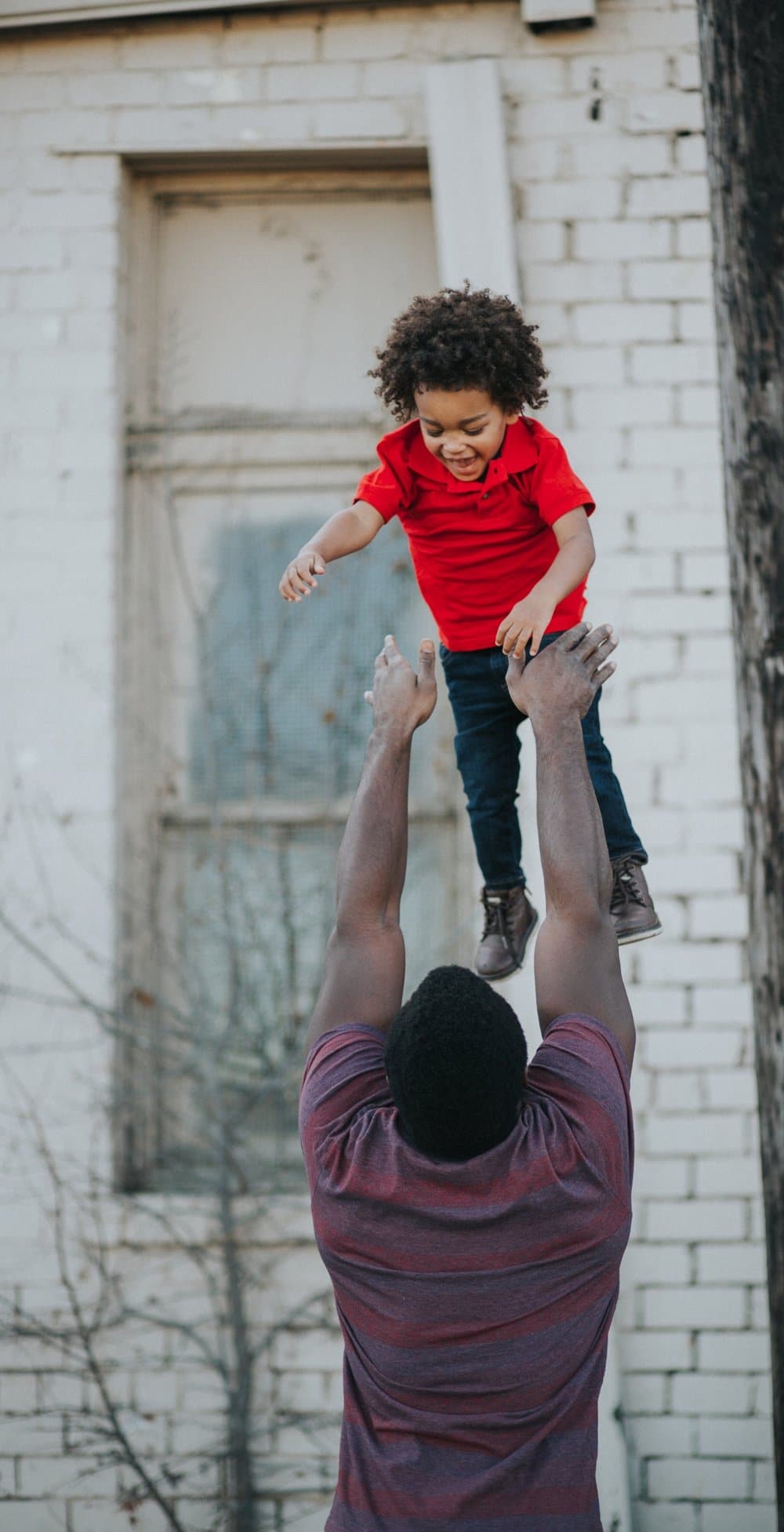
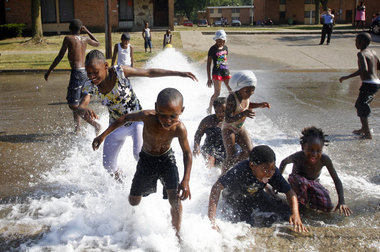
The Oxford dictionary defines community as a group of people living in the same place, having a particular characteristic in common. Community is identified as a noun- a person, place or thing. I think community means something different to each of us and some of our views on community are shaped by our own lived experiences. For me, community is a verb, an action word. Community is actively choosing how we relate and connect with people that we share common space and time and energy with- good, bad or different. Community is the gifts, resources and energy that we bring to the space and the impact that our giving has on the relationships with the people that inhabit that space. Community is self-less love.
In many ways, the COVID-19 pandemic has caused a resurgence of community or what it means to be a community for a lot of people. For so many people in their late 40’s and beyond, our childhood memories were that of an active, thriving community where we knew our neighbors, actively engaged with them and took an active role in the building up of our community. And it seems as though something shifted with the advancement of technology; it seems as though we all became more isolated, distant and less engaged with one another. Now that COVID-19 has confined the world to social distancing and sheltering in place, we are witnessing a revitalization of community; everyone is contributing their gifts, energy, time and resources to help one another through this pandemic. In many instances, we are also seeing that demographics don’t matter in terms of who can receive needed resources during this time. In essence, we’ve removed the borders from the community and have realized that the common space that we all share is the world at large; we’re all in this together and we have to help each other along as best as we can.
When I think about community, the famous quote by John F. Kennedy at his inaugural address in 1961 comes to mind. He said, “Ask not what your country can do for you; ask what you can do for your country.” What if we were to replace the word country with community? Ask not what your community can do for you; ask, what can I do for my community?
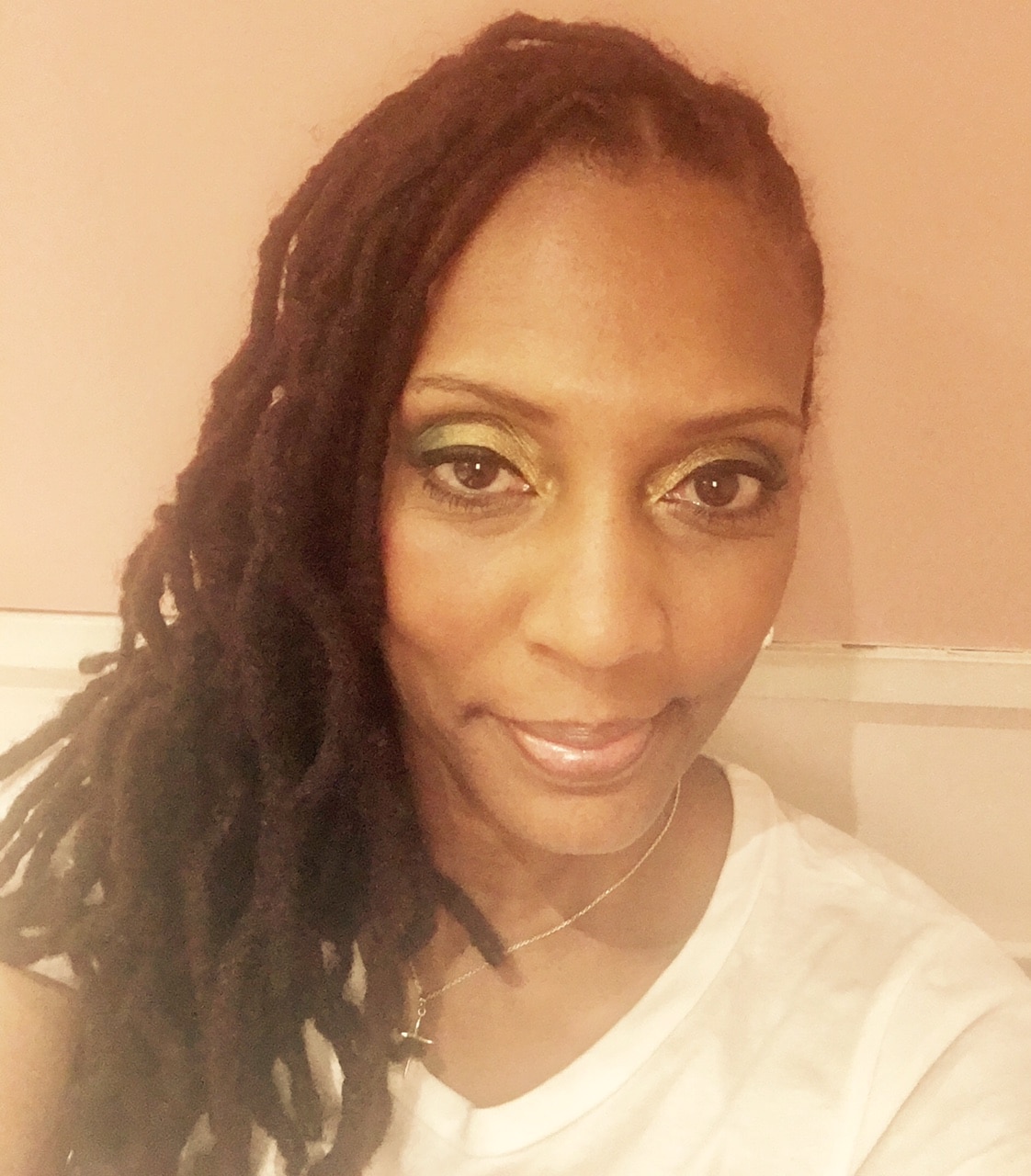
Written by Dena Chapman
Dena Chapman is a writer, editor and seasoned blogger on a mission to be a voice of strength and tranquility in an otherwise noisy world. When she is not tinkering with words, she can be found busting a ballet move in her home work office. Dena is the proud mother of two young adults, Joshua and Malachi- and her dog, Thor. Contact Dena at [email protected].
